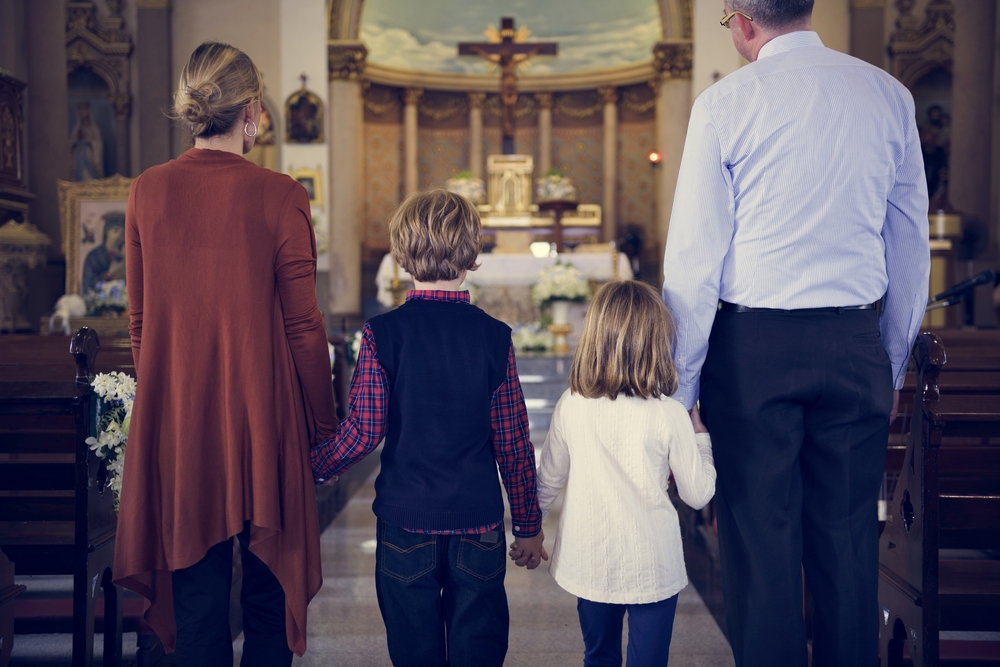Only 47% of Americans belong to a church of any faith.
This matters, especially for families and children, as well as our communities, as church attendance and religious adherence not only benefit family life, but also the development of children, as both church and a strong family life positively form children and help them become productive members of society.
For example, in a study by Ilana Horwitz, teenaged students who were classified as “abiders” – those who are involved in religion and emphasize faith in their daily lives – and students who were classified as “avoiders” – those who avoid involvement in religion and its relevance in their lives – performed differently in school. Abiders had a much higher average GPA than avoiders, 3.22 and 2.93, respectively. For comparison, a GPA of 3.3 is a B+, while a GPA of 3.0 is a B. While this gap may not appear to be large, the implications are still substantial. While Horwitz said that her study indicates association and not causation, she also states that her study “suggests that good academic performance is also driven by habits learned through religious adherence.”
The attendance of religious services does not only affect the academic achievement of children and adolescents, but also creates stronger families. Religious participation among middle-aged and older women leads to healthier lives and less suicide, as well as a decreased likelihood of divorce, which is up to 50 percent less likely than those who do not attend religious services. This is due to numerous religions teaching that marriage is sacred, while also advocating for a strong community. Some research also displays that families who engage in religious activities experience greater satisfaction in their relationships, as well as higher levels of trust. This engagement can also lead to a more productive and healthy way of resolving problems within a relationship, as well.
All of this leads to an overwhelmingly positive affect in child development. For example, regular attendees of religious services are more likely to marry and face less divorce than their peers who are less devout attendees. Divorce, as well as out-of-wedlock childbearing, is shockingly expensive, as they cost American taxpayers more than $112 billion a year in government programs, as well as lost tax revenue across all levels of government. Children raised by married parents face less poverty and are much safer, as the risk of child abuse is much lower. More scholars agree that children who are raised by their two biological parents in a stable marriage perform better than children raised in other family forms. Also, parents who marry before having children are much more likely to stay together. Essentially, stability and the presence of both parents is critical for children, which marriage provides.
So why does going to church matter? Because religious attendance is critical not only in the development and raising of children, but for society as a whole.
